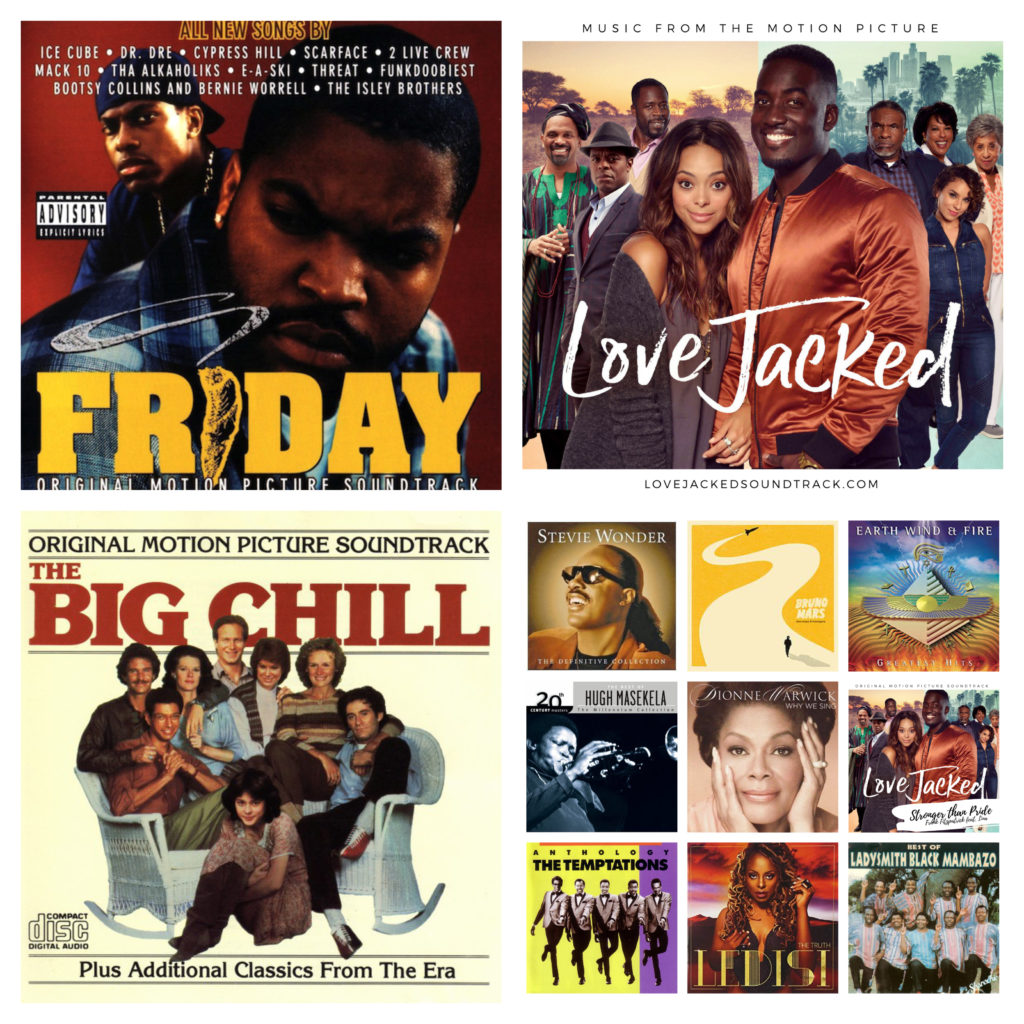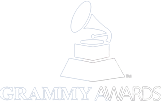Home Frank’s Blog The Future of Soundtracks
The Future of Soundtracks
Frank Fitzpatrick 11/03/2018

|
No time to read? Pick your language & press PLAY
Getting your Trinity Audio player ready...
|
Creating great music for a film can be a daunting task. Turning that music into a successful soundtrack album is a whole other journey. In the few instances when both work, however, it can be a thrilling experience – for both the creative team and the listeners.
I will never forget the lessons I learned from my first multi-platinum soundtrack album, which I created with Hip Hop megastar Ice Cube, director F.Gary Gray, and over a dozen major recording artists, including Dr. Dre, Snoop Dog, Cypress Hill and the Isley Brothers. It was for the hit-filled Hip Hop classic Friday. That was in an era before digital music stores – a time when we could sell a couple million physical recordings (CD’s, vinyl, singles) of a popular soundtrack, and sometimes make as much money off the music as we did from the movie itself. The opportunity to collaborate with amazing artists and create the successful marriage between great songs and narrative films was both inspiring and challenging.
Two of the challenges for including classic recordings or an original song by a major artist on the soundtrack to a film soundtrack with a limited budget are trying to afford the escalating artist fees and acquiring the necessary rights. Popular soundtracks are typically high stakes games for big players, like major film studios. Beyond the highly creative aspect of collaborating with the artists and filmmakers in the making of the music, solving those challenges became an important aspect of my career. It also enabled me to help independent filmmakers, create more hit soundtracks, and earn my stripes as one of the “Top Music Supervisors of the Decade” (Variety Magazine).
With the arrival of a new decade, and musical era — one that birthed the digital music megastore iTunes — the desire to include a classic recording by a major artist on a soundtrack or compilation album faced another hurdle.
Record labels were hesitant to have consumers purchase the same recording from the film soundtrack, that they could sell directly, and on the same digital platform, for a much higher profit margin.
With the growing dominance of music streaming services like Spotify and Apple music, the soundtrack game is shifting again. In a recent article in the Wall Street Journal, writer Anne Steele gives Spotify credit for “disrupting another part of the music business: the soundtrack album.” Steele credits independent studio A24 and hosting platform Spotify for pioneering the first “Official Motion Picture Playlist” with their recent release, Mid 90’s. While I would venture to say that a select number of music supervisors and soundtrack producers, including myself, have already been riding this wave, leading music streaming services like Spotify have definitely made it possible to create a new kind of film soundtrack. By the very nature of the platform’s playlist design, and their subscription and streaming model, they have disrupted the way people consume music, including soundtracks. They have also created an opportunity that allows filmmakers to bypass major costs and rights issues by issuing playlist soundtracks – virtual soundtrack albums that are compiled into playlists from songs already available on the service’s own streaming platform.
I decided to take advantage that opportunity by using the music streaming giants, including Spotify, Apple Music, Amazon and Deezer, for the creation of the soundtrack for our new romantic comedy Love Jacked. To create a kind of timeless “Big Chill” feel, we licensed a number of classic songs for use in the film. Included among those artists were Stevie Wonder, Bruno Mars, Dionne Warwick, Ledisi, the Temptations and Earth, Wind and Fire. But didn’t have soundtrack album rights for the songs. That left me without enough original music to create a full-length traditional soundtrack. To add to the challenge, we didn’t have the budget to record top-selling marquis artists on my original songs – the actual theme songs for the film. This left us with a few great original songs, but with lesser-known independent artists.
In step the streaming services, on which any subscriber can listen to almost any classic song they want, and the DSP (digital service provider) automatically, though pre-existing deals, pays the rights holders for those recordings.
For Love Jacked, I was able to set up the same streaming playlist soundtrack on the 4 major streaming services that included all the classic recordings in the film, plus featured the original theme by lesser know artists bundled in the company of musical stars.
There is a business catch to this. There is no “soundtrack” owner collecting earnings for those classic songs. That revenue goes straight to the account of the original master owners. While the creative potential is significant, and opens up an enormous musical palette, playlist soundtracks have much more potential as promotional items and nostalgic experiences for the movie fans, than they do as income generators. But the savings for creating those valuable features can be significant. Our price tag for creating the Love Jacked Playlist Soundtrack was over half a million dollars less that it would have been to do it in the traditional fashion, the model used for the original Friday or Big Chill soundtracks. On the creative upside, by surrounding them with recordings by popular artists, we were able to introduce newer, breaking artists to a wider audience.
More important than who did what first are the opportunities the new model provides. In the case of Love Jacked, it is a win – win. It is a win for the fans that get to have, and freely share, a copy of a well-crafted soundtrack – to enjoy some great music and recall their favorite moments from a very funny and highly moving film. It is a win for the new artists, who get more exposure and potential single sales. And it is a win for the filmmakers who get to further engage those fans and extend the film’s emotional arch, at a measurable financial savings, long after the credits roll.
FrankFitzpatrick.com/Entertainment
••••
About the Author
Frank Fitzpatrick is a Creative Visioneer, Engagement Expert and High-Performance Coach on the Faculty of Singularity University’s Exponential Medicine.
To connect, go to FrankFitzpatrick.com
To learn more about working 1-on1 with Frank, go to BeyondPerformance.Life
Related Articles
I’m here to help YOU create a better world, inside and out.
Contact Me© 2025 Frank Fitzpatrick Website by AllHereIndia












